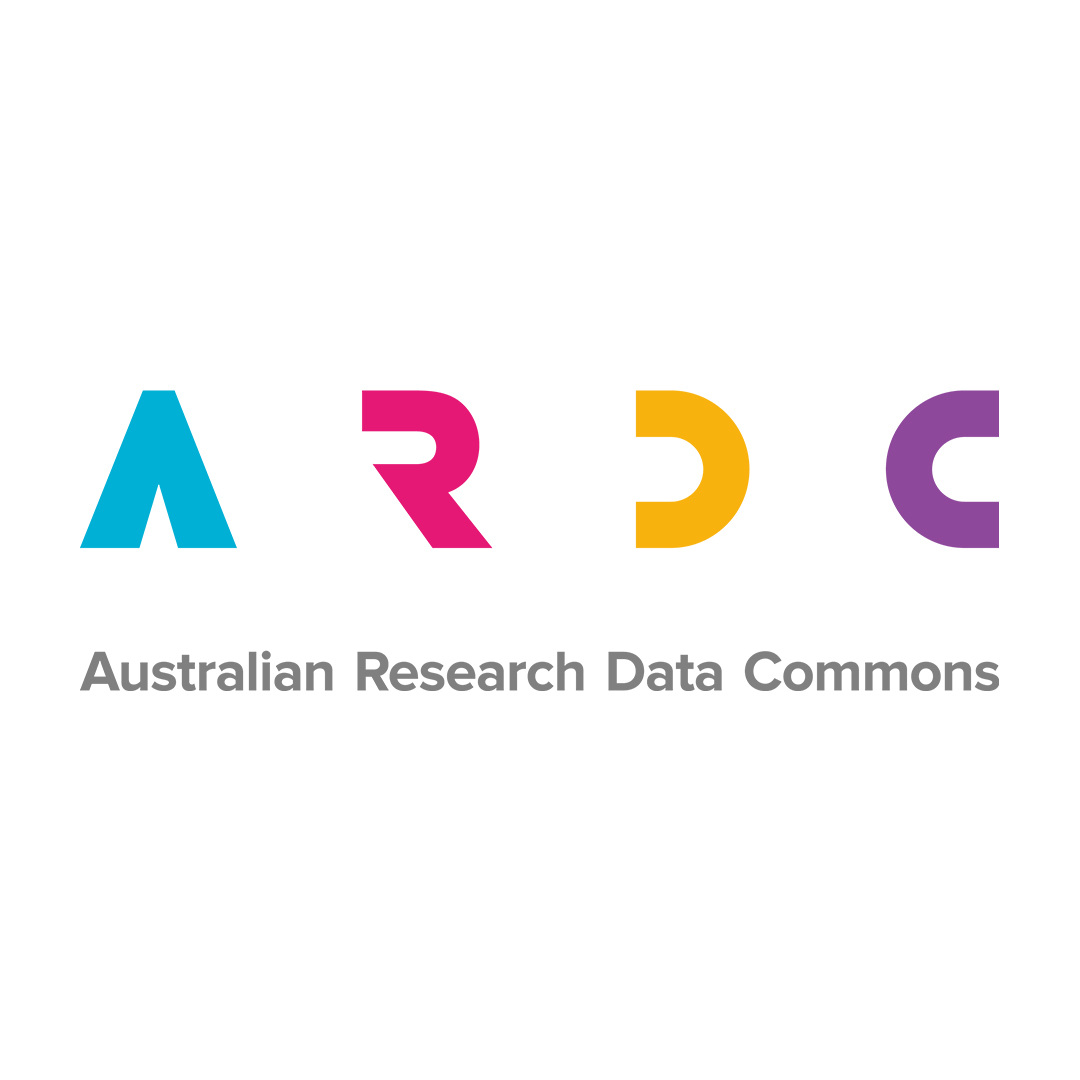Full description
This dataset includes 657 infants born at less than 33 weeks of gestation recruited into the DINO trial. Mothers of infants allocated to the high docosahexaenoic acid (DHA) group were asked to consume six 500mg DHA rich tuna oil capsules per day to achieve a breast milk DHA concentration that was approximately 1% of total fatty acids. Mothers of infants allocated to the standard DHA group were asked to consume six 500-mg soy oil capsules per day. If supplementary formula was required, infants were provided a high or standard DHA preterm formula according to their allocated group. The intervention commenced within 5 days of the infant starting enteral feeds and continued until 40 weeks post menstrual age. Baseline clinical characteristics of the infants were collected. The primary outcome was Mental Development Index score at 18 months corrected age, measured using the Bayley Scales of Infant Development, Second Edition. Also available are data on other Bayley Scale scores, neonatal clinical outcomes and growth to 18 months corrected age. Data from the seven-year follow-up phase of the DINO trial are also available, including full scale IQ scores as measured using the Wechsler Abbreviated Scale of Intelligence. This file type is a PDF.Notes
HeSANDA 1.0.0Issued: 2023
Spatial Coverage And Location
text: South Australia, Victoria, Queensland, Western Australia
Subjects
User Contributed Tags
Login to tag this record with meaningful keywords to make it easier to discover
Other Information
Health Translation SA Enquiries
Other : [email protected]
National Health and Medical Research Council
Crossref Funder ID : https://doi.org/10.13039/501100000925
National Health and Medical Research Council
Crossref Funder ID : https://doi.org/10.13039/501100000925
Identifiers
- DOI : 10.58138/JXKC-7A04



